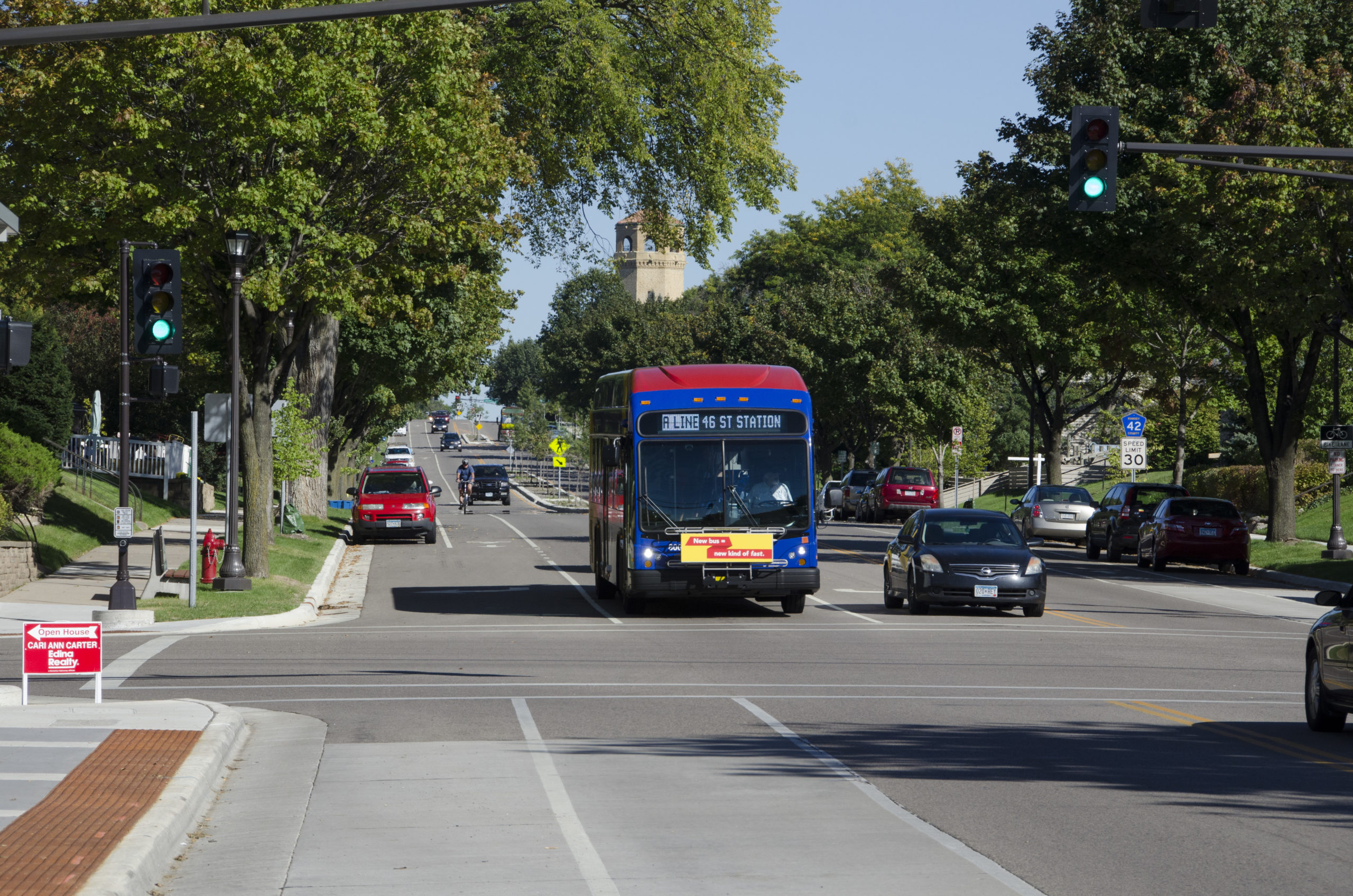Premier Electric requested SRF’s assistance in testing several components of the Bus Rapid Transit (BRT) stations constructed for Metro Transit’s new METRO C Line. Initially, SRF was tasked only with conducting functional, 24-hour, 7-day, and 30-day testing for CCTV cameras, Passenger Information Systems, and Emergency Telephones at 16 stops in both directions. However, as the project progressed, the tasks expanded to include the testing of several additional components at each station and configuring several components on Metro Transit’s network.
SRF created test plans for the CCTV cameras, emergency telephones, and Passenger Information Systems. The cameras and emergency telephones send information to remote locations and required verification that the video and audio transmitted clearly and quickly. The Passenger Information Systems displayed real-time arrival times and schedules and were tested for correct information and display settings.
Premier Electric also requested SRF to inspect and test power supplies, annunciators, bus arrival systems, surge protection equipment, environment monitors, managed switches, and uninterruptable power supply components at all stops in all directions. This required the creation and organization of testing forms and materials that contained over 1000 pages. Throughout the testing process, the forms were edited after every field visit or update from another agency.
In addition to coordination with Premier Electric, SRF worked heavily with several groups at Metro Transit to complete testing. Many of the tests performed required the participation of staff at both agencies across multiple locations. Often times, testing and repairs had to be done with very little notice. Communication and relationships were maintained throughout the project so that work could continue as quickly and efficiently as possible.
Several challenges were encountered and resolved throughout the testing process. For example, the emergency telephones at approximately half of the METRO C Line stations could not receive calls and would shut down and reboot if an operator attempted to contact the station. During testing, it was discovered that this was a system-wide issue affecting other BRT and LRT emergency phones. The phones had to be tested repeatedly to determine if maintenance efforts had repaired the issue. Additionally, the computers that controlled the Passenger Information Systems underwent mandatory updates weekly that caused the system to crash and go offline. SRF adapted to the changes, assisted with identifying the issues, and continued to test and communicate as needed until the successful completion of system testing prior to METRO C Line’s opening day.


